
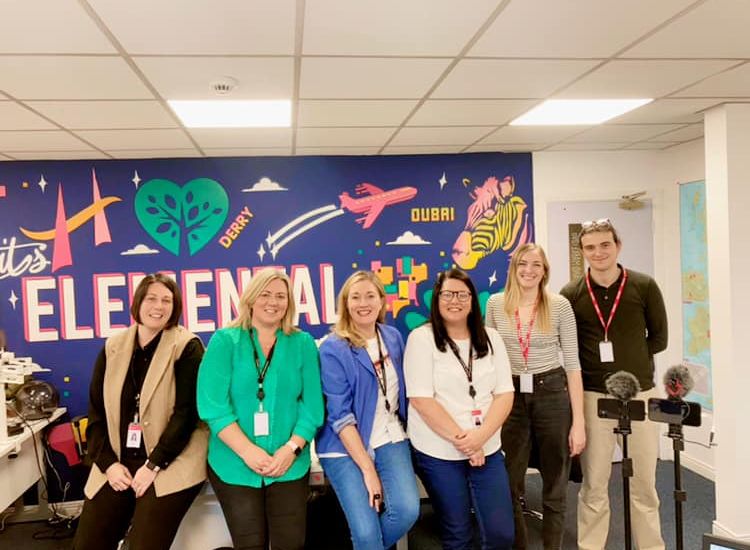

We often think of prescriptions as something you get at the pharmacy – a remedy in a bottle or blister pack. But what if, instead of pills, you were prescribed a poetry class, a walking group, or even debt advice?
Social prescribing is about connecting individuals with non-medical resources – community activities, social groups, and more – that can significantly enhance their mental and physical health.
It’s healthcare with a human touch, where wellbeing is nurtured through connection and creativity, not just clinical intervention – and it’s now being rolled out in Jersey.
Following the pandemic, the Government launched the ‘Connect Me’ micro-grant scheme, which saw more than 150 projects supported, engaging more than 25,000 participants.
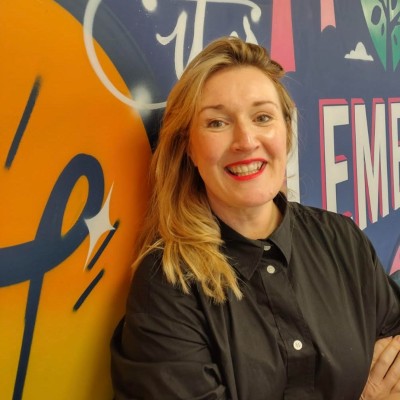
Pictured: Jennifer Neff is the Co-founder of Access Elemental.
Spanning the arts, culture and sport, the projects have now been compiled into a directory, which, from this month, GPs and healthcare professionals will be able to refer their patients to. Such patients will also be assigned a ‘Link Worker’ – trained individuals who will be able to help ensure they can access the right support for their needs.
Jennifer Neff, co-founder of acclaimed Derry start-up, Access Elemental, is leading Jersey's social prescribing roll out and spoke to Express about her journey into social prescribing and why this intervention couldn’t come at a more important time for the island's health system.
"I was working in community development in Derry – specifically around employability and digital skills. For example, working with people that hadn't been in employment or had any formal education, who were maybe socially isolated and wanted to develop their skills, it would be things like photography classes, learning how to use Skype, Word and Excel.
"I would put posters up around the community – in the parish bulletins, the corner shop, the fish and chip shop, because I knew that it's hard to build up the courage to apply for things, but if you see something on your local shop that is happening around the corner from where you live, you may be more likely to engage.
"The people that would be on the programs would be those that were hardly ever reached, or hardly ever engaged by mainstream public health programs and services, so I would sneak into GP practices and put posters there as well.
"At the same time, I met Leeann Monk who had set up a Healthy Living Centre to help people with long-term conditions get physically active, look after their diet and mental health. She was fighting the same challenges.
"We had this strategy in Derry at the time called The One Plan – we wanted to be an active city, an age-friendly city and an early intervention city.
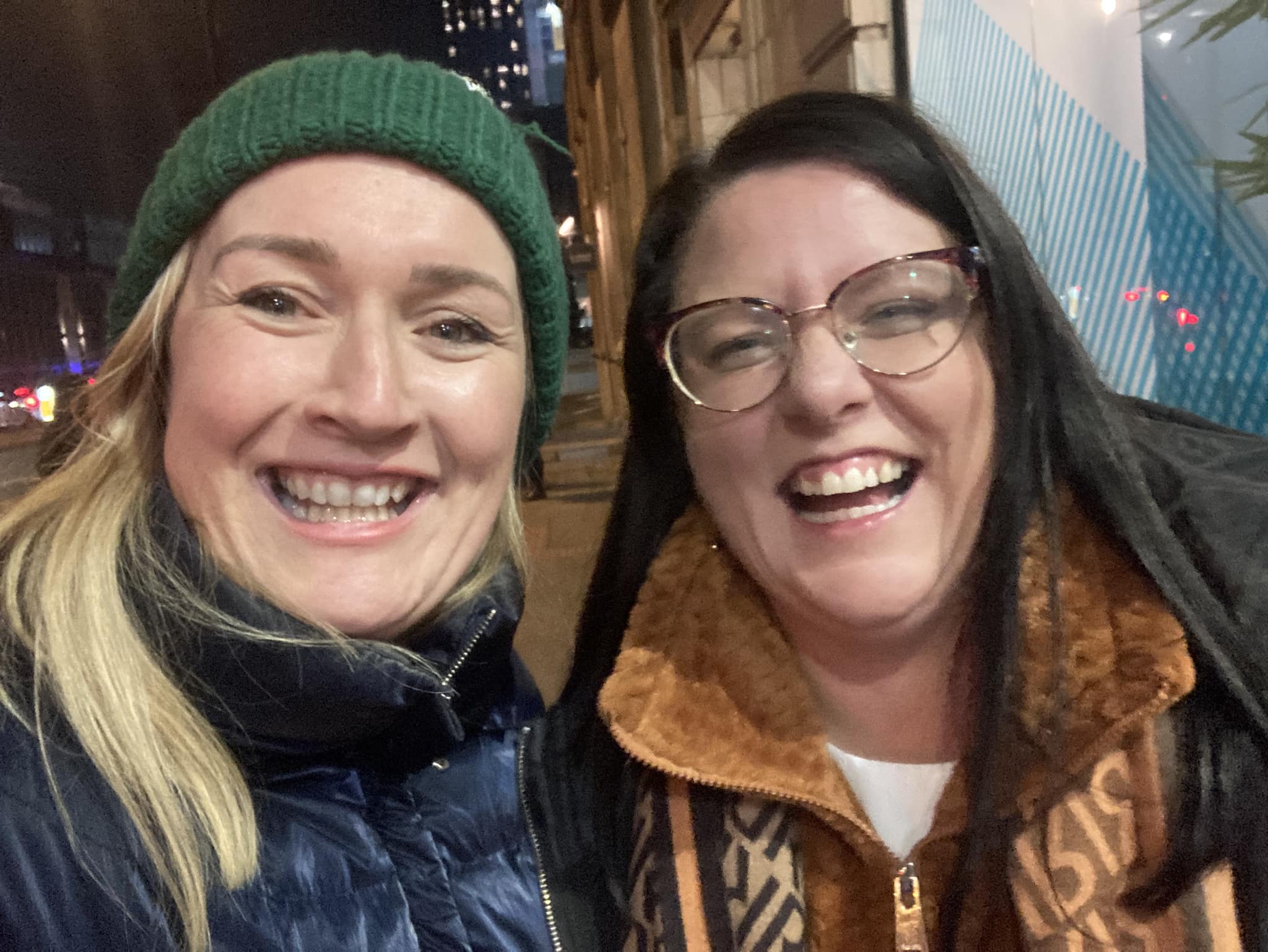
Pictured: Jennifer and Leanne came across the same challenges in the health sector
"But how did we know what's working? How do we know that a cooking class at the community centre has contributed to someone's eating habits being improved, and therefore visiting the GP less?
"Nothing existed to track and measure the uptake and the impact of all the great stuff happening in the community. To cut a long story short, Leeann and I created the Elemental platform to be able to connect people, improve lives and show the difference it makes to the health and social care system."
"Derry is a fantastic place, but we have our fair share of health inequalities –someone living in one street and then maybe a mile away on another street could see a difference of 15 years in terms of life expectancy. The stats also show that for around 20% of people visiting their GPs, it’s a social issue and not a medical issue. In some areas, it’s 50%.
"In pockets of our communities, there are people that are really struggling and what covid did was really surface that.
"Some people are struggling with debt, they're afraid of being evicted from their home. Or they haven't left the house in weeks because they're socially anxious and now they're lonely as a result. Maybe they’re not physically active enough and that’s having an impact or there’s a bereavement issue they haven’t had support for.
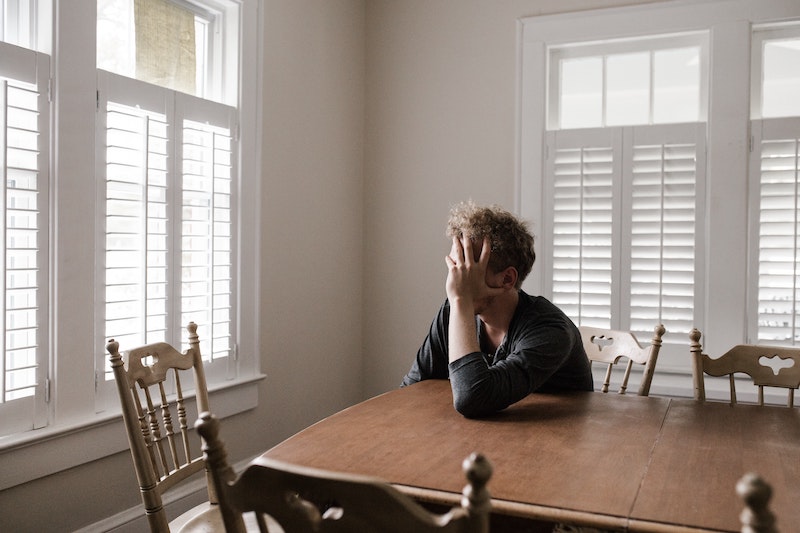
Pictured: Statistics show that for around 20% of people visiting their GPs, it’s a social issue and not a medical issue.
"Until now, a lot of people were saying, ‘Go to your GP and they’ll give you medication.’ Then the concept of ‘social prescribing’ came along and it was something ‘additional’ alongside medication.
"Now we’re seeing a shift – why would you go to your GP to have to get a referral to social prescribing when you could actually access it through your social worker or pharmacist or do a self-referral because you've seen something? Maybe someone who has done a home visit makes a referral."
"There are loads of examples – one in particular that comes to mind was a lady who was calling 999 up to 50 times a month. She had acid reflux, but she thought she was having a heart attack. Her paramedic was aware of social prescribing, so made a referral to a social prescribing link worker who was able to support her and get her diet and nutrition help so she could tackle the reflux. They got her into a luncheon club so she could get better food but also friendship, and an appointment with her GP. That reduced the reliance on 999 or 111 by 92%.
"There's other examples where someone's been to the GP maybe four or five times a month for a mental health-related issue. There was a case where someone was lonely because their dog had died – the GP made a referral, and the link worker was able to help them with the form for the DogsTrust and they were able to get another dog.That was a very simple process, but allowed them to get some company and their loneliness reduced as a result and they were getting physically active as they were walking.
"Other times it may be something more complex or adapt. It could be helping people with fuel payments and then not being evicted from their home and able to see their kids more because they've got a sustainable home to be able to bring their kids to.
"It’s different in every area. What we do is we find out what are the biggest challenges in the area.
"If a place says, we have an issue with diabetes – 40% of people over 40 are living with type two diabetes, and many are at risk – we'll help shape the program with all the local stakeholders around that. In that particular example, the plan was, ‘Let’s reduce 2% of avoidable appointments in primary care so that we can free up that time to focus more on targeted support around type two diabetes.'"
"Jersey, I think, is an ideal location for it. There’s a vibrant charity and voluntary sector, there’s so many great organisations doing great work, and you have obviously got primary care teams – I think there's 14. Originally, we spoke to five GP practices who said they would want to be involved, then quickly, all 14 said, ‘we'd love to be involved in this.'
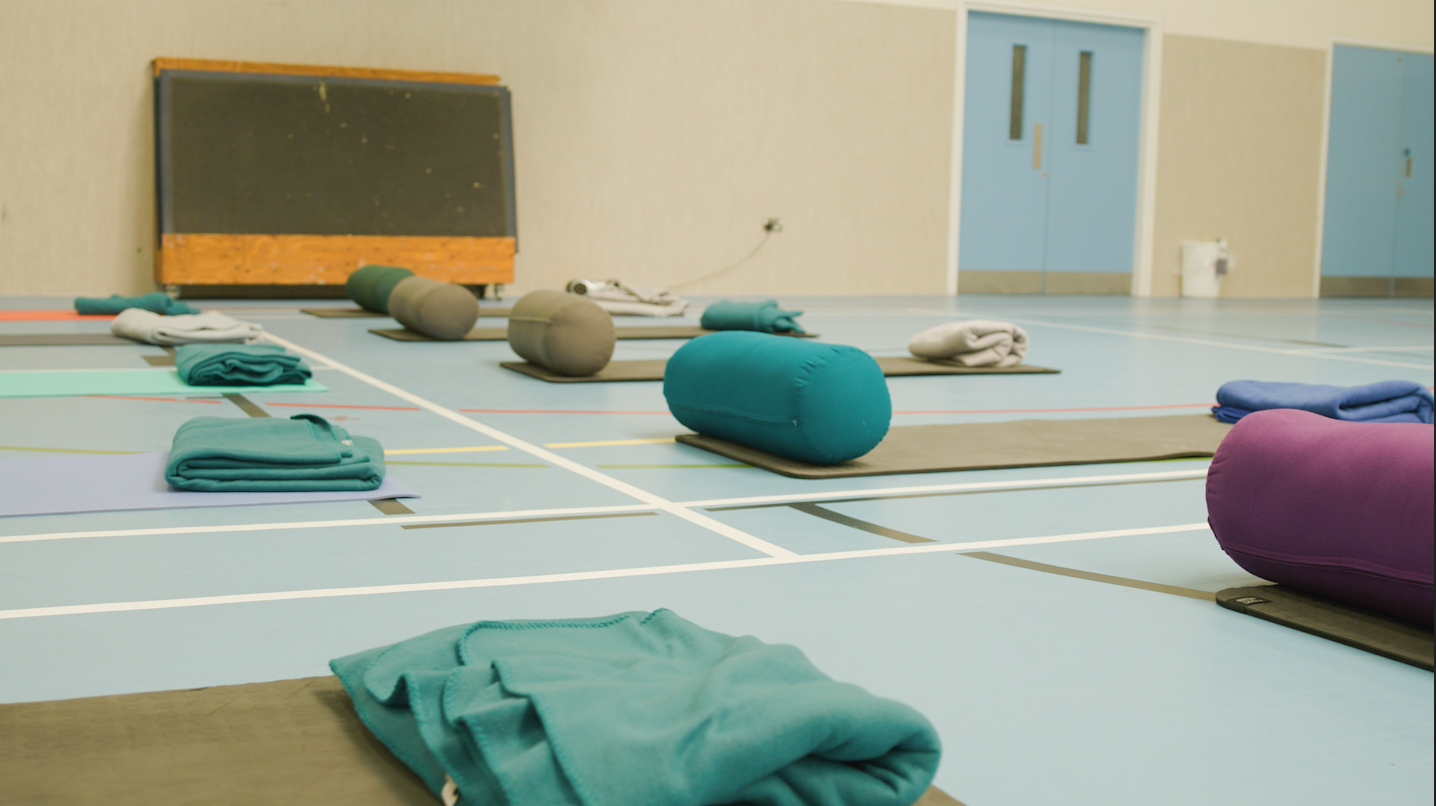
Pictured: Prescribing patients with social activities could ease pressure on public sector services.
"Obviously there's lots of great things about living in Jersey, but like every other place, Jersey has health inequalities. Jersey has a real pressure on public sector services as well in terms of support for people, and there’s a real pressure around long-term conditions.
"If we can support people with their long term conditions, we can maybe free up capacity within the system and free up some cost savings too. That can be reallocated elsewhere."
"People are getting it more now. I think covid has really helped – had covid not happened, that would be a different story.
"From what I've seen so far, the Jersey primary care teams in particular, seem to really understand it and see what the benefits are. We just have to make sure that it's it doesn't add to their workload, that it's that it's easy for them to do, and that they can see the results back in the clinical system.
"In other places I've been, there's been a 99% uptake from the GP making the referral to the person ending up in the social prescribing service. Digital helps with that. Before digital, you'd hear people saying,‘Only 20% of the people I referred actually ended up in the service’, whereas we can now make sure all of those people referred are engaged in the service. That's given everyone confidence that this system works, that social prescribing works.
"The data helps, because you're going to be able to see all the GP practices and how many referrals they're making. On a highly level anonymised level, you'll be able to see which GP practices are making the most referrals and you know, we could even see which people are engaging in social prescribing.
"We'll know pretty quickly – I'd say within the first three to six months – what's working well and where the gaps are. We can then focus efforts collectively together to get them up to where they need to be. And we will be able to show the cost savings and the wellbeing impacts, and the things that have worked well in some parishes can be replicated in other parishes."
"The first major thing that happened was getting the ‘marketplace’ ready, and there was a soft launch in July. It has all the different things that you're able to do in Jersey. It's going to be evolving all the time. That was Phase One.
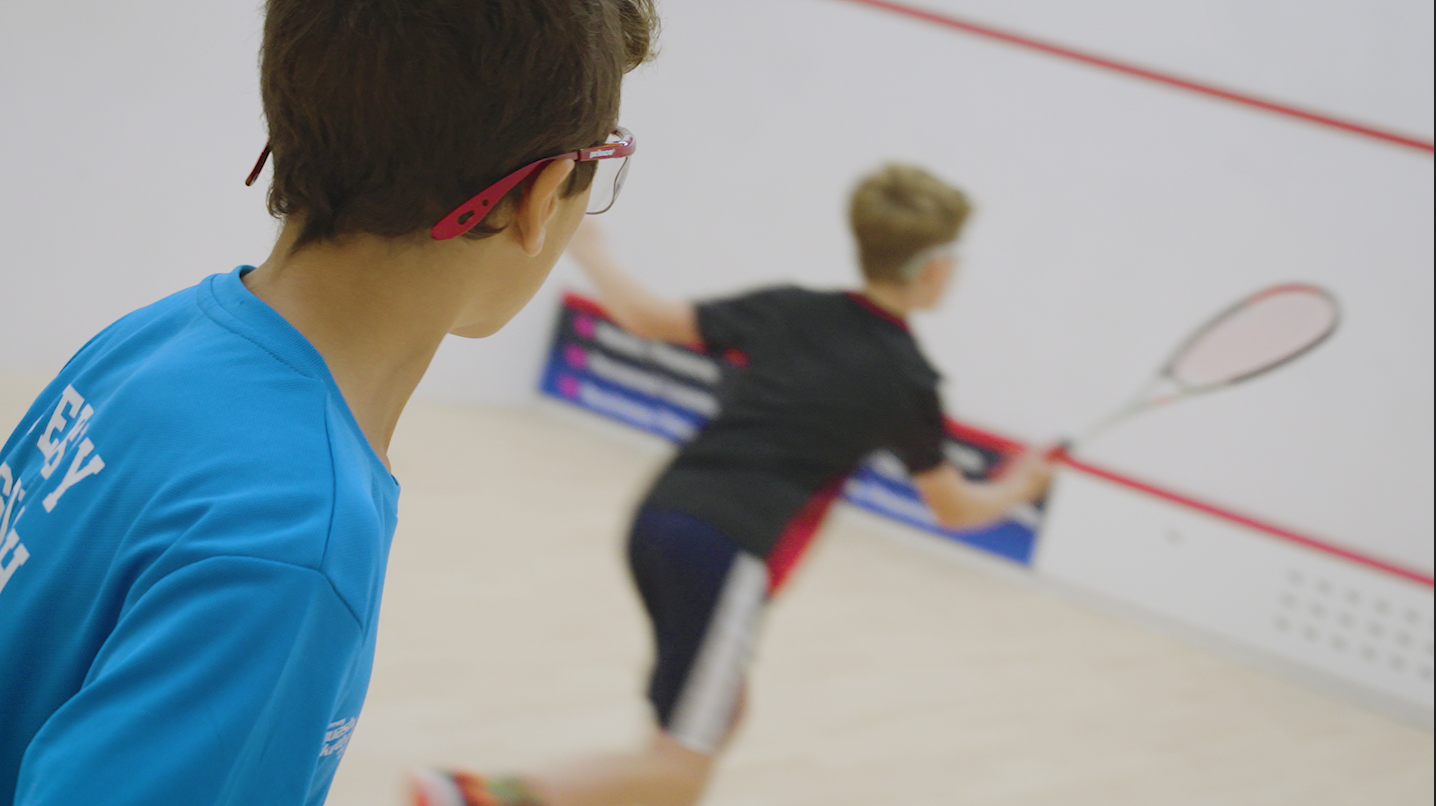
Pictured: Access Elemental compiled a social 'marketplace' which contains all of the different things you can do in Jersey.
"Phase Two is getting the ‘Connectors’ and the Link Workers trained up in the case management system – the day-to-day system they will use – which will take away the use of paper.
"At the same time, we're getting all the primary care teams trained up on how to make the referrals from EMIS [the electronic patient record system] into Elemental. Around September time that will happen.
"After that, we'll bring on board different parts of the system – so secondary care or social care could be involved as well. So that you've got every single part of this system then been able to tap into this amazing resource that is social prescribing, but also have better awareness about what's available locally in terms of interventions and programs and services."
"On a weekly basis, we’ll analyse the high-level data to be able to see what's working well, but we're going to be taking that data and analysing it on a monthly basis with a team of people to interpret what’s happening, see what’s working well, and where there’s maybe additional support required.
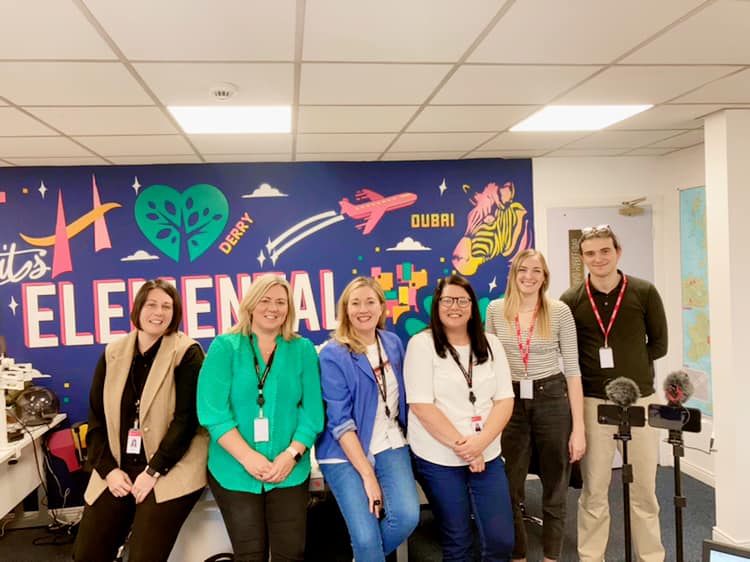
Pictured: The team will continually analyse data and adapt offerings.
"Quite early on, we're looking to produce information around where referrals come from, and what are the main reasons for referral? That's a fascinating one.
"Who are the people being referred to what services?Is it this particular singing class that's proven to be really popular with dementia, for example, that's making such a difference? Who doesn’t engage?
"If we know that there's more females than males, how can we engage more men?
"That's an ongoing thing. That's one of the things that's great about having a digital system – the analysis of that data. And that's going to be fed up and down and across to everybody."
This article first appeared in Connect Magazine which can be read in full below.
Comments
Comments on this story express the views of the commentator only, not Bailiwick Publishing. We are unable to guarantee the accuracy of any of those comments.